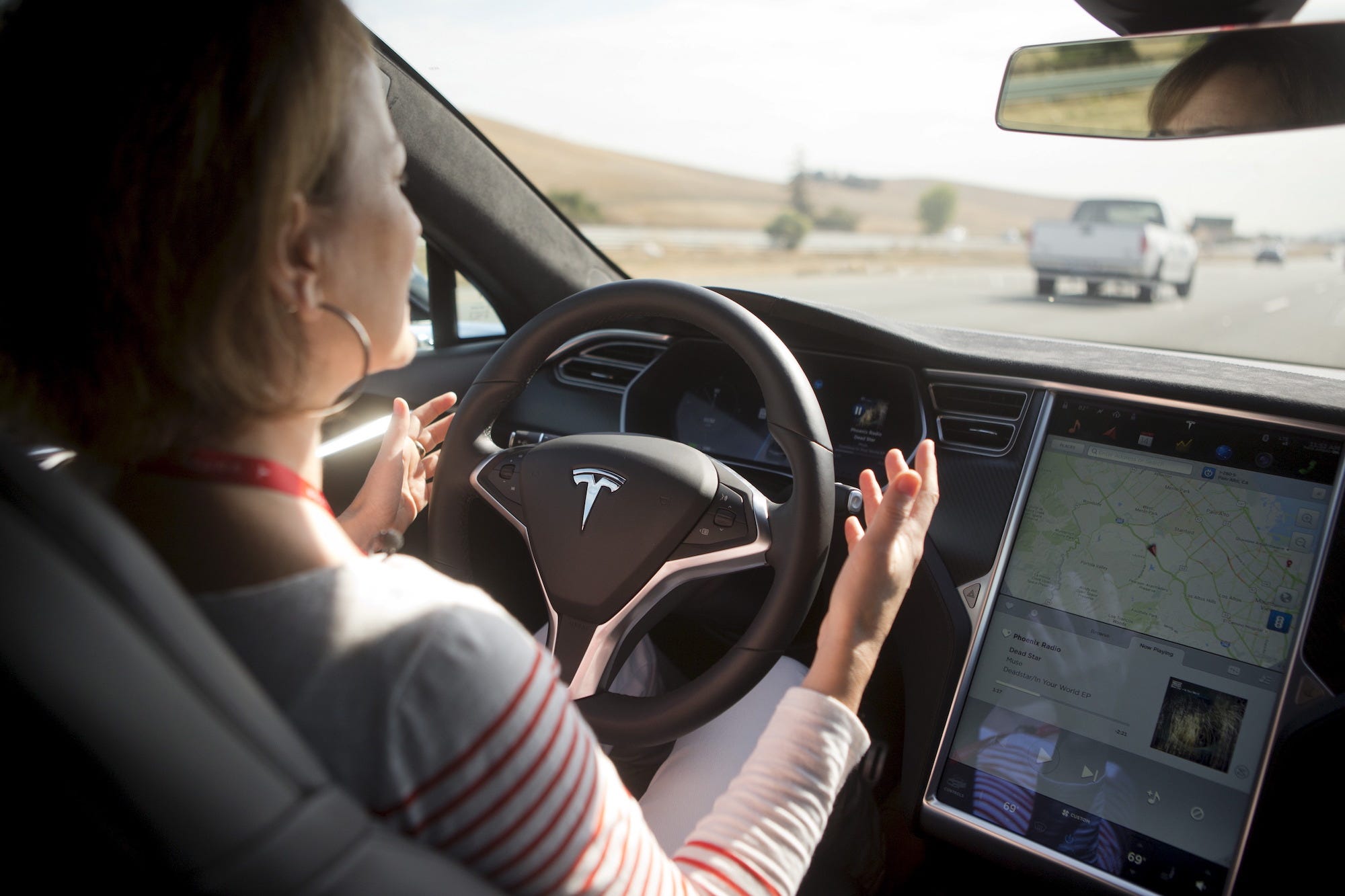- A German court on Tuesday banned Tesla from repeating more of its Autopilot claims in advertising, which it said are misleading.
- An industry group tasked with policing anti-competition laws originally brought the suit.
- Tesla can appeal the decision.
- For years, CEO Elon Musk has made bold predictions – most of which haven’t been met – about when Tesla vehicles will be truly self-driving.
- Visit Business Insider’s homepage for more stories.
FRANKFURT (Reuters) – Tesla Germany is banned from repeating misleading claims in advertising about the capabilities of its driver assistance systems, including that its vehicles were capable of autonomous driving, a judge in Munich said on Tuesday.
Tesla can appeal the ruling.
The court heard a case brought by Germany’s Wettbewerbszentrale, an industry sponsored body tasked with policing anticompetitive practices.
The Munich court agreed with the industry body’s assessment and banned Tesla Germany from including “full potential for autonomous driving” and “Autopilot inclusive” in its advertising materials.
For years, CEO Elon Musk has made bold claims about when Tesla vehicles would become fully "self-driving." Most of those, like an autonomous road trip across the United States, have yet to happen.
The company's Autopilot software has been blamed in a handful of wrecks where inattentive drivers lost control of their vehicles. The company also sells an $8,000 "full self-driving" package that it says will eventually allow for full autonomy.
In 2019, Musk said Tesla would work with local regulators in the European Union.
Same, except where limited by EU regulations. We’re aware of extreme consumer unhappiness about this & are working with EU regulators to address.
— Elon Musk (@elonmusk) September 4, 2019
Tesla did not immediately respond to a request for comment.
